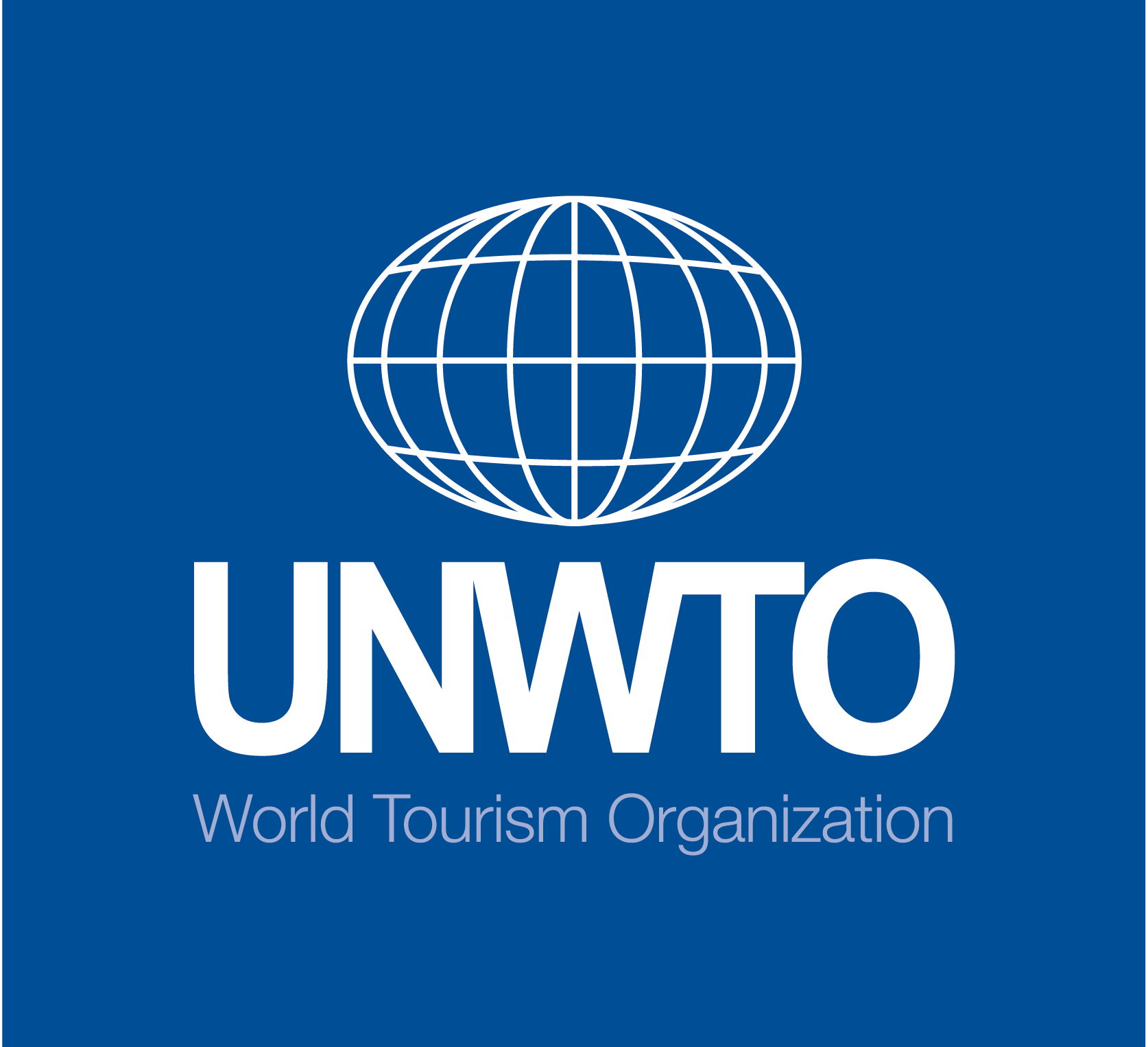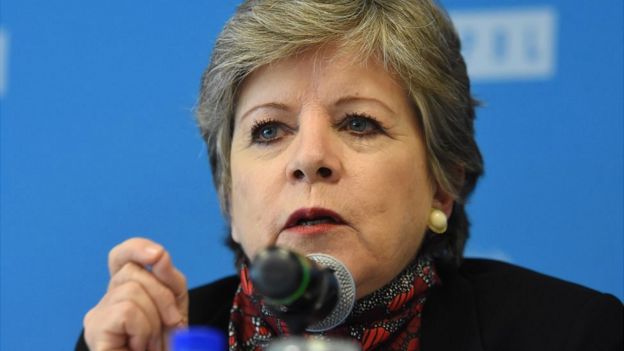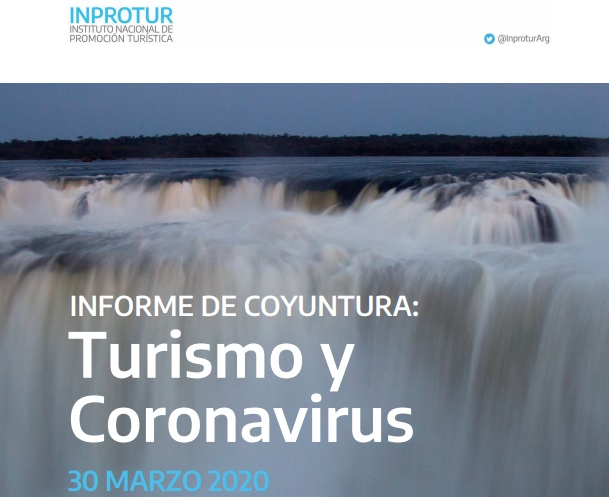WHO releases guidelines to help countries maintain essential health services during the COVID-19 pandemic. To help countries navigate through these challenges, the World Health Organization (WHO) has updated operational planning guidelines in balancing the demands of responding directly to COVID-19 while maintaining essential health service delivery, and mitigating the risk of system collapse. This includes a set of targeted immediate actions that countries should consider at national, regional, and local level to reorganize and maintain access to high-quality essential health services for all.
Countries should identify essential services that will be prioritized in their efforts to maintain continuity of service delivery and make strategic shifts to ensure that increasingly limited resources provide maximum benefit for the population. They also need to comply with the highest standard in precautions, especially in hygiene practices, and the provision of adequate supplies including personal protective equipment This requires robust planning and coordinated actions between governments and health facilities and their managers...Read more
Countries should identify essential services that will be prioritized in their efforts to maintain continuity of service delivery and make strategic shifts to ensure that increasingly limited resources provide maximum benefit for the population. They also need to comply with the highest standard in precautions, especially in hygiene practices, and the provision of adequate supplies including personal protective equipment This requires robust planning and coordinated actions between governments and health facilities and their managers...Read more
Policies and Strategies
Dramatic scenes in Ecuador: authorities double efforts to collect and bury the dead from the coronavirus pandemic. Ecuador lives hours of extreme drama. The government announced it is working to solve the delays in collecting the bodies in the city of Guayaquil, the one most affected by coronavirus infections, where deaths are reported from popular neighborhoods to tourist areas, amid the desperation of family members for lack of help.
The authorities have recognized difficulties in removing the bodies of the deceased in their homes, without being certain that they were infected with the virus, due to the restriction of movement, the curfew and the nervousness of the population. In addition, he pointed out that there are bodies in hospitals that have not been removed by family members, without specifying the number.
/arc-anglerfish-arc2-prod-infobae.s3.amazonaws.com/public/A5MB3KZC7BB7NGSTQQK2DEOBNI.jpg) The government also created a special force, which includes the military and will be responsible for the removal and burial of the bodies, while installing a public cemetery. Sonnenholzner told a television channel that the number of deaths with symptoms of the virus is increasing and at the moment up to ten deaths a day are registered in the city's hospitals... Read more
The government also created a special force, which includes the military and will be responsible for the removal and burial of the bodies, while installing a public cemetery. Sonnenholzner told a television channel that the number of deaths with symptoms of the virus is increasing and at the moment up to ten deaths a day are registered in the city's hospitals... Read more
The authorities have recognized difficulties in removing the bodies of the deceased in their homes, without being certain that they were infected with the virus, due to the restriction of movement, the curfew and the nervousness of the population. In addition, he pointed out that there are bodies in hospitals that have not been removed by family members, without specifying the number.
/arc-anglerfish-arc2-prod-infobae.s3.amazonaws.com/public/A5MB3KZC7BB7NGSTQQK2DEOBNI.jpg) The government also created a special force, which includes the military and will be responsible for the removal and burial of the bodies, while installing a public cemetery. Sonnenholzner told a television channel that the number of deaths with symptoms of the virus is increasing and at the moment up to ten deaths a day are registered in the city's hospitals... Read more
The government also created a special force, which includes the military and will be responsible for the removal and burial of the bodies, while installing a public cemetery. Sonnenholzner told a television channel that the number of deaths with symptoms of the virus is increasing and at the moment up to ten deaths a day are registered in the city's hospitals... Read more UNWTO Launches a Call for Action for Tourism’s COVID-19 Mitigation and Recovery. The World Tourism Organization (UNWTO) has released a set of recommendations calling for urgent and strong support to help the global tourism sector not only recover from the unprecedented challenge of COVID-19 but to ‘grow back better’. The Recommendations are the first output of the Global Tourism Crisis Committee, established by UNWTO with high-level representatives from across the tourism sector and from within the wider United Nations system.
UNWTO Launches a Call for Action for Tourism’s COVID-19 Mitigation and Recovery. The World Tourism Organization (UNWTO) has released a set of recommendations calling for urgent and strong support to help the global tourism sector not only recover from the unprecedented challenge of COVID-19 but to ‘grow back better’. The Recommendations are the first output of the Global Tourism Crisis Committee, established by UNWTO with high-level representatives from across the tourism sector and from within the wider United Nations system.
Recognizing that tourism and transport has been among the hardest hit of all sectors, the Recommendations are designed to support governments, the private sector and the international community in navigating the unparalleled social and economic emergency that is COVID-19...Read more
Coronavirus | "This is going to be a lot like a war economy": ECLAC's warning that the pandemic will increase unemployment and poverty in America. Alicia Bárcena, executive secretary of the United Nations Economic Commission for Latin America and the Caribbean (Eclac), warns that a global recession is coming that will cause the region's GDP to decrease, unemployment to rise and millions of people to join poverty rates.
A crisis so deep that it will force us to rethink globalization and our economic system.
 Given the closure of borders and the reduction of transport, it will be important to point to regional integration and self-sufficiency, says Bárcena in this interview, given by telephone from Chile. It has also called for a lifting, albeit temporary, of sanctions against Cuba and Venezuela so that they can weather the difficulties of the fight against Covid-19... Read more
Given the closure of borders and the reduction of transport, it will be important to point to regional integration and self-sufficiency, says Bárcena in this interview, given by telephone from Chile. It has also called for a lifting, albeit temporary, of sanctions against Cuba and Venezuela so that they can weather the difficulties of the fight against Covid-19... Read more Global Humanitarian Response Plan COVID-19 United Nations Coordinated Appeal April – December 2020. The world faces a global health crisis unlike any in the 75-year history of the United Nations — one that is spreading human suffering, crippling the global economy and upending people’s lives. COVID-19 is threatening the whole of humanity – and the whole of humanity must fight back. Global action and solidarity are crucial. The world is only as strong as the weakest health system. This COVID-19 Global Humanitarian Response Plan aims to enable us to fight the virus in the world’s poorest countries, and address the needs of the most vulnerable people, especially women and children, older people, and those with disabilities or chronic illness... Read more
Global Humanitarian Response Plan COVID-19 United Nations Coordinated Appeal April – December 2020. The world faces a global health crisis unlike any in the 75-year history of the United Nations — one that is spreading human suffering, crippling the global economy and upending people’s lives. COVID-19 is threatening the whole of humanity – and the whole of humanity must fight back. Global action and solidarity are crucial. The world is only as strong as the weakest health system. This COVID-19 Global Humanitarian Response Plan aims to enable us to fight the virus in the world’s poorest countries, and address the needs of the most vulnerable people, especially women and children, older people, and those with disabilities or chronic illness... Read moreTools
The innovative Argentine tool to plan "the day after". Starting this Monday, the new "Situation Report: Tourism and Coronavirus" prepared by the National Institute for Tourism Promotion (Inprotur) of Argentina is available, which analyzes the historical impact of pandemics on tourism activity; what the industry's recovery in terms of deadlines is usually like; and, finally, how the markets could behave in the case of the current coronavirus health crisis. They assure that this tool could help the public and private sectors to devise strategies for "the day after"...Read more
Data and COVID-19. Read SDSN TReNDS' response to COVID-19 and view a selection of resources they’ve compiled from the data community to help better understand, monitor, and mitigate the pandemic. In the context of the current health crisis, we expect many changes in the development data ecosystem. These include delays in planned censuses and surveys, reduced capacity within National Statistics Offices, along with a number of ethical and responsible data issues, as governments and public health professionals grapple with identifying new sources of data on COVID-19 and private companies offer up their assistance.
 In response to this, we at TReNDS we will be deepening our work to address these issues in our core competency areas, including data governance of what is potentially very sensitive personal data, legal data sharing issues and how to negotiate fair and balanced partnership agreements, encouraging epistemic communities to establish standards and share best practices, expanding research and innovations, and offering practical advice and advocacy, including the value of timely data for critical decision-making. We’ve rounded up a selection of resources on what the data for development community is doing in response to the pandemic. Read more
In response to this, we at TReNDS we will be deepening our work to address these issues in our core competency areas, including data governance of what is potentially very sensitive personal data, legal data sharing issues and how to negotiate fair and balanced partnership agreements, encouraging epistemic communities to establish standards and share best practices, expanding research and innovations, and offering practical advice and advocacy, including the value of timely data for critical decision-making. We’ve rounded up a selection of resources on what the data for development community is doing in response to the pandemic. Read more
For Autocrats, and Others, Coronavirus Is a Chance to Grab Even More Power. As the coronavirus pandemic brings the world to a juddering halt and anxious citizens demand action, leaders across the globe are invoking executive powers and seizing virtually dictatorial authority with scant resistance.
Governments and rights groups agree that these extraordinary times call for extraordinary measures. States need new powers to shut their borders, enforce quarantines and track infected people. Many of these actions are protected under international rules, constitutional lawyers say.
But critics say some governments are using the public health crisis as cover to seize new powers that have little to do with the outbreak, with few safeguards to ensure that their new authority will not be abused... Read more
Use of surveillance to fight coronavirus raises concerns about government power after pandemic ends. The technologies employed by governments around the world are aimed at identifying where infected people are and monitoring quarantines. Countries and cities around the world have been locked down, a move that looks to encourage “social distancing” and reduce the transmission between people.
 In Singapore, the government rolled out an app called TraceTogether. It uses Bluetooth signals between cellphones to see if potential carriers of the coronavirus have been in close contact with other people.
In Singapore, the government rolled out an app called TraceTogether. It uses Bluetooth signals between cellphones to see if potential carriers of the coronavirus have been in close contact with other people.
Over in Hong Kong, some residents were made to wear a wristband which linked to a smartphone app and could alert authorities if a person left their place of quarantine.
In South Korea, the government used records such as credit card transactions, smartphone location data and CCTV video as well as conversations with people, to create a system where confirmed cases were tracked. The result was a map that could tell people whether they had gone near a coronavirus carrier.
On Thursday, the South Korean government launched an enhanced tool that it says can help track patients even more closely in near real time, in order to see where the disease was moving... Read more
How to boost global resilience to COVID-19. It is imperative that leaders increase resiliency. To do so, governments must ensure public trust in order to act effectively and efficiently, and the private sector must work with governments to ensure local preparedness and response. Another way to increase resiliency is for civil society to be a watchdog on corruption, wastefulness, and transparency. The WEF’s COVID Action Platform, in partnership with the World Health Organization, is mobilizing stakeholders to protect lives and livelihoods and enhance these efforts around the world... Read more
 |
| World Economic Forum Spotify Podcast.World vs. Virus. Listen now |


No comments:
Post a Comment